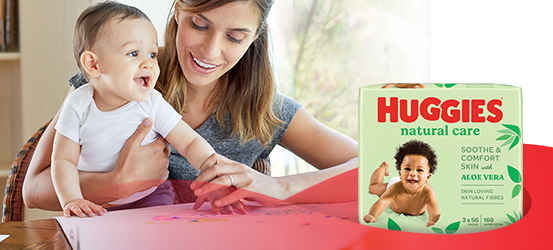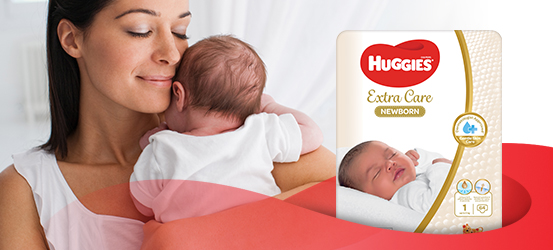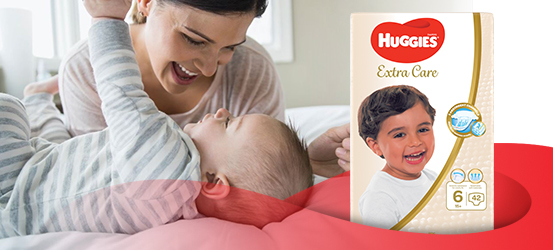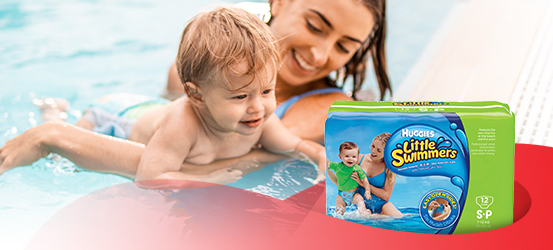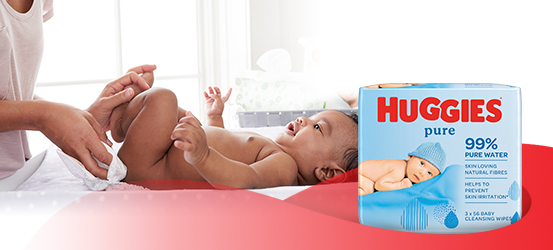At one week of age your baby may still look like and behave like a foetus. They will curl themselves up most of the time, sleep for long periods, have short bursts of activity and then need to recover from that. You will probably find yourself spending endless hours just gazing at this little miracle you have created. If you feel as if you're still in a state of shock, don't be alarmed. It can take weeks for new mothers to feel as if they are back to reality after giving birth, and to feel utterly preoccupied with the baby is completely normal.
Feeding
Sleeping
Your baby will spend the majority of its time in the first week sleeping. It will still be recovering from labour and birth; if you have had drugs during labour, this could make your baby sleepy. Remember to always follow the safe sleeping guidelines and place your baby to sleep on their back, ensure your baby is in their own safe sleeping environment, avoid overheating, and ensure your baby is in a smoke free environment. See our section on SIDS and kids for specific information.
It is common for one week old babies to go to sleep when they are feeding and be difficult to wake when they do. Feeding uses a lot of energy and it is very tiring work. When your baby is sleeping they are conserving energy, and releasing growth hormones. Much of your baby's sleep will be spent in the phase of rapid eye movement (REM) sleep, which is vitally important for their early brain growth.
Behaviour
Your baby may be very quiet this week, with only the occasional cry or whimper to remind you they are in the house. They may wake for feeds, stay alert for a while and then need to doze off again. They may have periods of alert wakefulness when they gaze and stare at you. They could respond to yours or your partner's voices, familiar music or the voices of your older children.
Try not to form an opinion or assessment of your baby's temperament at this very early stage of their life. Most newborns are passive and calm if they are fed when they want to be. If they feel generally comfortable and have lots of cuddles they are mostly content. It is often not until they get a little older and have more maturity that they cry and become a bit more demanding.
Nappies
Nappies will be a daily reality from now until your baby is a toddler. Most parents use disposables and it is important to use the right size nappy for your baby's age and weight. Huggies® Newborn Nappies might look tiny but they cover all the important openings to maximise their absorbency properties.
Your baby's output will give you an idea of the amount of milk they are having. It is important that they have at least 6 heavy, wet nappies per 24 hours. Breast-fed babies may poo frequently, while formula fed babies tend not to go as frequently.
You will need to change your baby's nappy every time they feed and in-between feeds when they are wet or dirty. You will be able to feel by the weight and texture of your baby's nappy if they need changing. Cleanse their skin with plain, warm water and cotton wool or with low-allergenic Huggies® Baby Wipes. It is unlikely you will need to use nappy rash cream at this age, so unless your baby's skin is red don't worry about applying cream.
Cord Care
Your baby's cord clamp will have been removed by now, leaving just the remnants of the cord stump to dry and drop off. Although it may not look very attractive, it will soon separate from the navel. If there is a small amount of blood on your baby's nappy or jumpsuit from the cord stump or it is moist, just be more careful about cleaning it and keeping the stump dry with a clean cotton bud. The best time to do this will be after your baby's bath.
Hygiene
You may have had a bathing demonstration at the maternity hospital or perhaps you have bathed a newborn before. If you haven't, then bathing can be a little scary; but like many other aspects of baby care, it is just a matter of time and practice. If you don't have a chance to bath your baby every day, don't worry. A wet facecloth dipped in warm water (never hot!) and a drop of bath solution will suffice on days between proper baths.
If you are worried about your baby slipping or going underwater, ask someone else to be with you through bath times. Place a towel or a facecloth on the bottom of the bath, don't overfill the tub and pick a time when you and the baby are calm and not rushing. Bath time is a special, interactive time but it can takes weeks before it may feel like this.
What about mom?
You could be feeling all the attention is on the baby and you are missing out. Alternately, you could feel as if you are being swamped with attention and have little room to breath. Ask your partner to monitor visitors and give subtle hints if they are overstaying their welcome. Other parents are usually very aware of what a sensitive, emotional time this is and are careful to respect boundaries of what needs to be family and new mother time.
Physical recovery
You will still be recovering from your labour and birth and it won't be until around 6 weeks time that your body will return to its normal state. If you had a caesarean section delivery, an episiotomy, a forceps delivery or any other intervention, you are likely to take longer to recover. Sleep, rest, nutritious meals, time and good hygiene will all help your body to heal. This is a time when you just need to do the basics and focus on what is truly important. Accept all reasonable offers of care and support and be kind to yourself.
Emotions
Don't expect yourself to immediately be an expert in caring for your baby. Although you may have read a lot, gathered heaps of information and listened intently to every bit of advice offered, this does not guarantee that looking after your baby will be easier. The first week after birth is exhausting, both physically and emotionally and it is unfair to place unrealistic expectations on yourself to know it all.
This is a week where you will need to find some space and time to learn all you can about your new little one. This can be difficult, especially if you've been overrun with visitors and well-wishers. It is also important to think about the changes to your own sense of who you are and the big shifts already made within your relationship with your partner. Your own relationship with your parents, your family and extended family will also be transformed.
What about dad?
This can be a challenging time for new fathers. The shock of the birth, transition to fatherhood and the hectic activity of post-natal time can take its toll. If you have managed to arrange time off work, then make the most of it. Get to know your baby and try not to see your partner as the "expert" when it comes to decisions about their care. You have an equally important role to play in your baby's life, even at this very early stage.















